Organizations
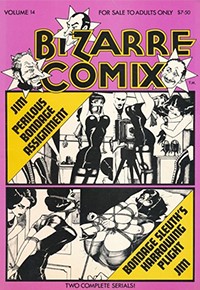
Bélier Press Collection
New York City-based Bélier Press published alternative and underground comics, which often featured erotic and sadomasochistic themes. The collection (1963-2000) includes three sets of Bélier publications: Bizarre Comix, a reprint edition of 1950s bondage cartoons; Sweet Gwendoline by John Willie; and Carload o’Comics and Fritz the Cat by R. Crumb.

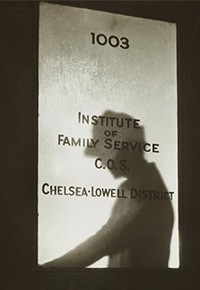
Community Service Society Records
The Community Service Society (CSS) is a New York City charitable organization that provides direct services to the poor. The organization’s roots lie in the Association for Improving the Condition of the Poor (founded 1843), one of the most prominent Progressive-era philanthropic groups that promoted better housing, sanitation, temperance, and moral reform, and the Charity Organization Society (founded 1884), which provided assistance to needy individuals and families through “scientific philanthropy.” CSS was established in 1939 when these two groups merged; the separate files of the two root organizations comprise the bulk of this sizeable collection (1842-1995), which includes over 700 boxes of casework files, which sometimes comment on sexuality and family arrangements, photographs documenting conditions among the urban poor, correspondence, memorabilia, administrative and subject files, annual reports, and more. Columbia University Libraries have digitized over a thousand images from this collection, available at theCommunity Service Society Photographs website.

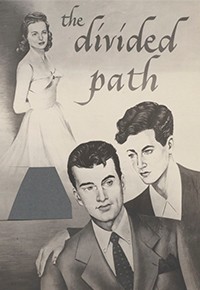
Greenberg Publisher Records
Founded in 1924, Greenberg published hundreds of books on a variety of topics, including important works of early gay-themed fiction and non-fiction. The collection includes files of correspondence with gay literary figures such as Christopher Isherwood, Eric Bentley, and Alexander Woolcott, as well as editorial, production, and publicity files relating to novels by gay authors including “James Barr” (James Fugate) and “Richard Meeker” (Forman Brown) and the ground-breaking study The Homosexual in America by “Donald Webster Cory” (Edward Sagarin).

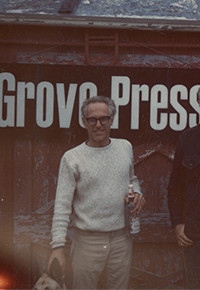
Grove Press Collection
See also: Barney Rosset Papers. Grove Press was an influential publisher of postwar avant-garde literature, including important work by some of the most prominent and controversial authors, playwrights, poets, and thinkers of the twentieth century. Many Grove titles explored sexual themes, and the company’s legal defense of books such as Naked Lunch, Lady Chatterley’s Lover, and Tropic of Cancer played an important role in ending print censorship in the US. This small collection includes production and marketing materials pertaining to Grove titles published from 1954-1984, as well as press releases, records from court cases, and other office files relating to Grove and its journal Evergreen Review.

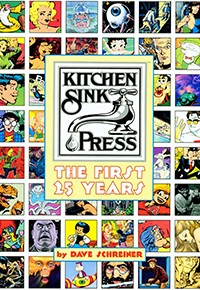
Kitchen Sink Press Records
From 1970 to 1999, Kitchen Sink Press published underground comics and reprints of classic comic strips, including many innovative and boundary-pushing sexually explicit comics such as Bizarre Sex, “Omaha” the Cat Dancer, R. Crumb’s Home Grown Funnies, and Howard Cruse’s Gay Comix. When some of his press’s titles were targeted in obscenity cases, founder Denis Kitchen established the Comic Book Legal Defense Fund in 1986 to help fight censorship. The collection (1965-2013) is only partially processed; the materials currently available to researchers consist of correspondence files including letters, subject files, biographical information, financial records, copies of published and unpublished work, and more.

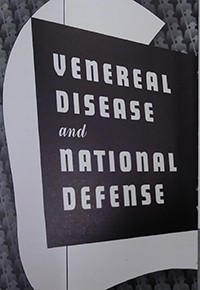
Society for the Prevention of Crime Records
The Society for the Prevention of Crime (founded 1877) was a major moral reform organization in New York City promoting temperance, legal reform, and education. It played important roles in the Lexow Committee’s investigation of police corruption in 1894 and the Albany Crime Commission of the 1930s. The Society’s records (1878-1973) include extensive subject files documenting their research on prostitution, “sex deviation,” and many other subjects, as well as correspondence, administrative files, submissions for a 1926 essay contest on crime prevention, radio programs, and scrapbooks.